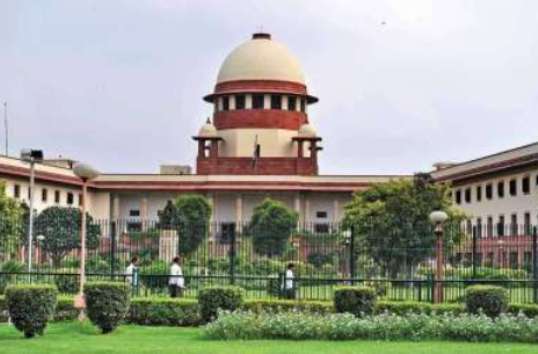Mahima
The Supreme Court expressed its intention to lay down guidelines for the appointment of Ad hoc Judges to minimize pendency of cases. Chief Justice of India SA Bobde explained that in a particular jurisdiction the pendency of cases about a particular subject exceeds a certain limit for more than 8 or 10 years, the CJ can recommend an ad hoc judge with expertise.
While responding to the plea filed by NGO Lok Prahari, the Supreme Court seeks responses from all High Court on the appointment of Additional Judges to the apex court under Article 128 of the Indian Constitution. The bench led by CJI SA Bobde observed that the appointment of Additional Judges is ‘need of the hour’ and is extremely essential for controlling the ‘out of hand’ pendency at the Court.
The bench also maintained that it is not interested in delaying the matter and so, no further adjournments can be requested or expected. CJI Bobde maintained that the appointment of Additional Judges is merely to end the pendency of such cases which are extremely old and that this provision should not threaten anyone as it does not affect the regular appointment of judges in any way.
CJI stated,
“What we have in mind isn’t that the system of appointment of regular judges should be stalled or stopped by ad hoc… It has nothing to do with regular appointments. But they will be considered junior most. It is not a threat to anybody in functioning of the Court… The idea isn’t of the Bench or the Petitioner. It is a constitutional provision (Article 128). The only thing is that it has not been implemented”.
He further added,
“After the Supreme Court Collegium approves the proposed name(s), they can sit and their tenure can be extended. Other factors like accommodation will have to be looked into it”. During the hearing, Article 224A of the Indian Constitution which contemplates “Appointment of retired Judges at sittings of High Courts” was also discussed.

